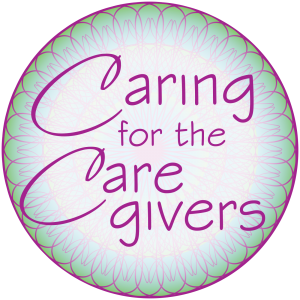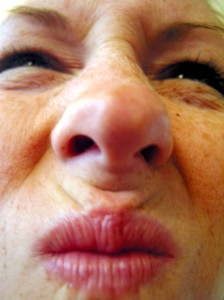I make it a daily habit to go onto Facebook and examine the lives and experiences of the people in my community. Although it’s part of my job as a social media specialist for Indrani’s Light Foundation to dive into social media about life events, on occasion, I have been guilty of “comparing” my story to other life stories. I find stories in my community that make my story seem like a cakewalk…. meaning that I feel guilty for believing I have suffered in my life.
I begin to give my story a score, from 1 to 10.

Let me give you an example ….
I suffer from PTSD syndrome due to a few events that happened to me in the past. I face many triggers, sometimes on a daily basis …. sometimes in my dreams that show up as nightmares. BUT, I feel guilty about sharing my story with others. Why? Because I may end up talking to someone who is currently fighting for their lives after being diagnosed with stage IV cancer, or someone who was brutally gang raped as a young woman, or a man who was locked in a coffin as a child to face his discipline, and was sexually abused by his orphan caretakers on a daily basis. My story seems to pale in comparison to theirs.
“Based on these friends’ stories …. I give my own story a 3.”
Where did I learn that we, as humans need to measure our feelings? If our lives are not measured, then it doesn’t exist, right?
Here is where I get vulnerable.
Now, I also find myself, on occasion, judging others about their stories by comparing them to my own story. Yes, I’m human. Yes, I feel guilty about this, too. When I read someone’s Facebook post that complains about their job, and how they don’t feel appreciated for their work. My mind begins to wander with thoughts such as:
“Oh that’s a bummer {sarcastically} Well, try losing your dream job because your newly promoted sexist, homophobic supervisor is on a mission to fire you from your 20 year career just because you are a gay woman, and causes you to file a federal law suit that will last for 4 ½ years …. and will eventually be settled out of court, and meanwhile you will never be able to return to your dream career because you have been “blacklisted” by other agencies.”
“Based on this friend’s “job” story … I give my story a 10.”
Have YOU been secretly scoring other people’s stories? Are you brave enough to admit it? Notice I am NOT scoring the other person’s story…. Just my own. Should I give theirs a score? Should I score YOUR story?
The answer to this question is a resounding, “NO!”
Comparing my life to others has been a daily journey, and I work at staying empathetic to everyone’s feelings and experiences. Most of the time I battle with feelings around why I shouldn’t complain, or feel badly about ANYTHING in my life.
“There are children starving all over the world.”
“A parent just lost his child in a car accident.”
“Women are being raped and beaten every day.”
My story, and your story, should never be compared to any other story. Your stories, and the effect they have on your life should only be scored in relation to how they make YOU feel, not anyone else. If what you are experiencing right now is, for you, a 10 on the painful story scale, then that is true for you, and it doesn’t matter what anyone else thinks.
I have learned a great deal from Indrani Goradia and Dr. Brené Brown about being vulnerable and speaking my truth. I practice empathy on a daily basis, and I have compassion for peoples’ stories, at any level. I have even arrived at, what Brené Brown calls, “excruciating vulnerability,” and have begun the process of “deconstructing shame.” (Listen to Brené’s TED talk here).
I invite you to pursue this simple “Call to Action” right now. Go to our website, and listen to the “Live-A-Brighter-Life” podcasts. You can also find them on iTunes. Within our teachings, we will give you the tools to help you reach out, speak your truth, and find shame resilience. YOU are worthy. YOU are loved. YOU matter.
With love & light,
Amy Dier
Director of Education & Training | Indrani’s Light Foundation
 Making a decision between your family and your work is never an easy task, especially when, which is more important changes with the circumstances. How can you determine when being with your family is most important? When going to work and supporting your clients is most important? In this episode Indrani, Amy, and Jeremie discuss tools you can use to make important decisions between your family and your work.
Making a decision between your family and your work is never an easy task, especially when, which is more important changes with the circumstances. How can you determine when being with your family is most important? When going to work and supporting your clients is most important? In this episode Indrani, Amy, and Jeremie discuss tools you can use to make important decisions between your family and your work.





